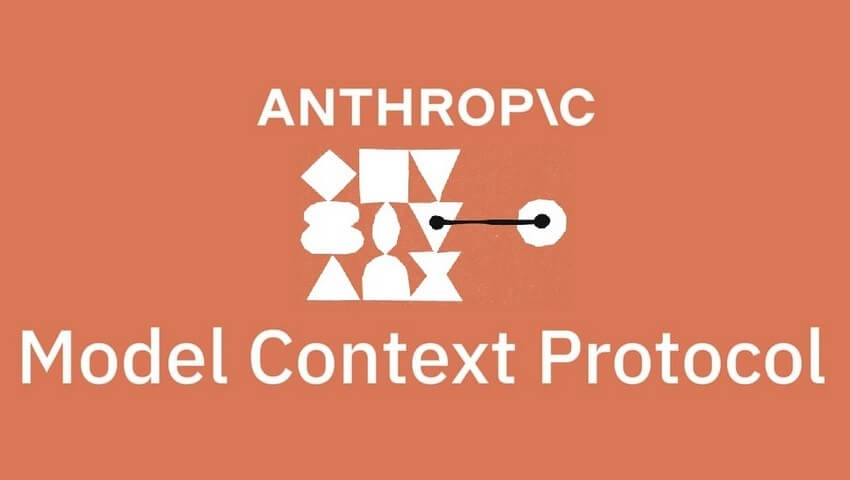Beginners Guide to The Gemini LLM
Explore Gemini as we dive into over 50 questions across various topics to uncover its strengths and weaknesses.


A practical guide exploring Gemini LLM's strengths and limitations, covering tasks like creativity, reasoning, and empathy, with insights on when to use it.
What is Gemini?
Gemini, developed by Google DeepMind, was launched in December 2023 as a powerful Large Language Model designed to handle a wide range of tasks. It combines advanced natural language understanding with fast, reliable performance. Gemini serves both developers and businesses, making it easy to integrate AI solutions into applications without complexity.
In this article, we aim to test the robustness of the Gemini LLM. Our evaluation will cover testing the model on specific tasks, edge cases, complex reasoning, manipulations, and more. If you're interested in discovering the model’s strengths and weaknesses across various use cases, and whether Gemini is the right choice for the tasks you need it to perform, then you're in the right place.
Without further ado, let’s dive in!
What Makes Gemini Stand Out?
What makes Gemini LLM stand out isn’t just its advanced abilities, like smart reasoning, creativity, multilingual support, safety features, and fast performance. The true standout feature is its token limit.
The LLM with the highest token limit currently available is Google's Gemini 1.5, which supports up to 2 million tokens per prompt. This extended context window allows the model to handle vast inputs such as long videos, codebases, or extensive datasets, making it far more capable than most other models, including GPT-4 Turbo, which supports up to 128,000 tokens. With its large token window, Gemini 1.5 is uniquely positioned for tasks that require continuous retention of context over massive inputs.
Where to Access Gemini LLM
Here’s how you can access and start using Gemini LLM, whether through cloud platforms, APIs, or other resources:
As of this article’s current publish date, Gemini is not open-source, so its source code isn’t available and there are no official GitHub repositories or similar public links at this time.
In order to utilize the model you could either:
- Access the model via your browser in case of personal use.
- Access the model via Gemini’s API, in case you need to integrate it into apps through its API access.
Even though you don’t need to manage the GPU resources directly when using Gemini, as it runs on Google’s infrastructure, the estimated GPU requirement to run Gemini effectively is at least 40 GB of GPU RAM, depending on the complexity of the task and the model size being utilized.
As for the model’s prediction time, on average, Gemini can generate up to 1,000 tokens per second under optimal GPU conditions.
How to Start Using the Model
To get started with the Gemini API, follow these steps to get a Gemini Access key:
- Create a Google Cloud account if you don’t have one.
- Navigate to the API & Services section.
- Enable the Gemini LLM API.
- Generate an API key under the “Credentials” tab.
- Configure your API key settings based on your use case and platform requirements.
The following is a sample script to call Gemini LLM through its API. You can either include it in a Python Notebook or a local Python Environment.
pip install -q -U google-generativeai
export API_KEY=<YOUR_API_KEY>
Import google.generativeai as genai
Import os
genai.configure(api_key=os.environ["API_KEY"])
model=genai.GenerativeModel("gemini-1.5-flash")
response=model.generate_content("Write a story about a magic backpack.")
print(response.text)
You’ll need to replace "your_api_key_here" with your actual API key and configure the request as per your specific needs.
Question Types Used to Evaluate Gemini
We aimed to be comprehensive in the types of questions we covered. We want to give the readers a clear sense of the broad scope of topics Gemini can address, highlighting both its strengths and limitations. Below are the sections we will explore in the following part.
- General Knowledge and Information Accuracy
- Philosophical Questions
- Internet Browsing and Real-time Data Access
- Context Switching Under Heavy Load
- Prompt Injection
- Extracting Data From Tables
- Language Proficiency and Multilingual Capabilities
- Ethical Guidelines and Bias Mitigation
- Fooling The Model With Ethical Questions
- Creativity and Content Generation
- Emotional Intelligence and Empathy
- Religious Questions
- Cultural Awareness and Sensitivity
- Code Generation
- Generating New Ideas
- User-Focused Customization
- Domain-Specific Expertise
- Contextual Understanding and Memory
- Multi-turn Interaction and Dialogue Management
Summary of Gemini's Responses
Here is the summary of responses before we dig deeper -
- ✅ Successful: 88/94






























.png)





















![‘Companion’ Ending Breakdown: Director Drew Hancock Tells All About the Film’s Showdown and Potential Sequel: ‘That’s the Future I Want for [Spoiler]’](https://variety.com/wp-content/uploads/2025/02/MCDCOMP_WB028.jpg?#)
























